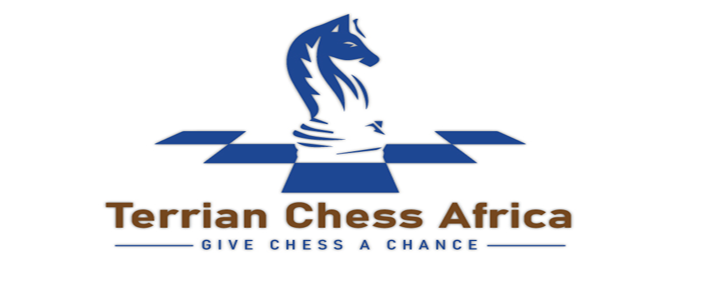HEALTH BENEFITS OF PLAYING CHESS
For Children:
Dear Mom and Dad, We understand that many of you are concerned about your child’s future and want to know how you can help him or her succeed. Instilling chess as an integral part of their upbringing is one way you can aid them in unlocking and maximizing their true potential. Creating and embracing a chess culture in the home will have a significant impact on the type of future adult you shape for a world that is changing fast.
TCA recognizes the level of duty and obligation we bear in helping to shape a transformative society. This, we feel, can only be accomplished by fostering a shared value of chess as a core component of a child’s education at both the institutional and parental settings. We are working relentlessly to design and develop curriculum that is appropriate for policy influence at the national level. Our passion is fuelled by a thorough grasp of the health benefits that chess may have on a youngster, including the following:
- Strengthening of the executive functions (cognitive control) at a time in their development.
- Gives children better control of their own brains (more organized thoughts, better planning, better imagination, better focus and control.
- Can help cure Attention Deficit Hyperactive Disorder (ADHD)
- Manage dyslexia (a learning disorder that involves difficulty reading due to problems identifying speech sounds and learning how they relate to letters and words – decoding)
- Develop cerebral hemispheres (logic and creative side of the brain)
- Promote brain growth by increasing synaptic connections and Intellectual Quotient (IQ)

